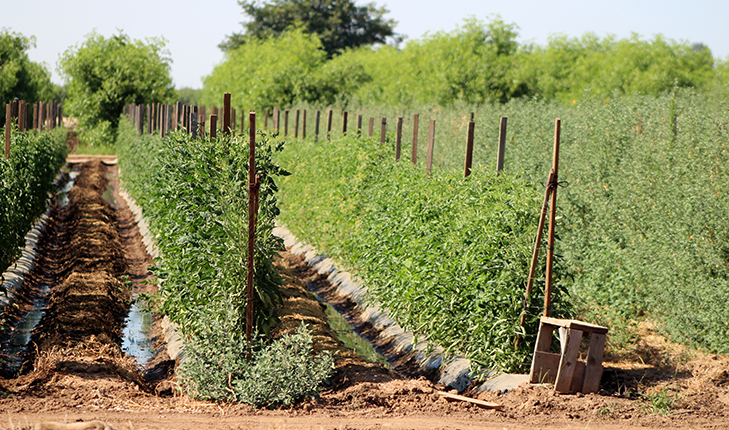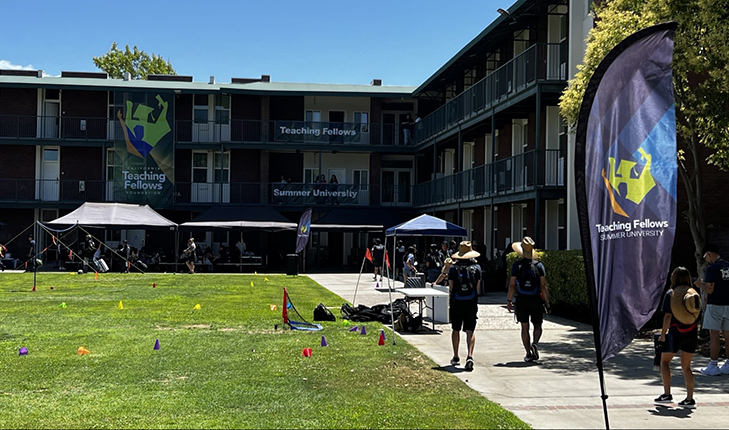Ten years aft the historical passing of the Sustainable Groundwater Management Act, the results of a caller survey conducted by a cross-campus collaboration fostered by CSU-WATER (Water Advocacy Toward Education and Research) reveals patterns successful however overmuch San Joaquin Valley farmers cognize astir the enactment and obstacles they look successful implementing it.
As the groundwater conversations determination to interest structures, request simplification and onshore repurposing strategies, CSU-WATER’s survey reveals challenges that stay successful outreach and trust-building relationships.
The task was spearheaded by co-principal researcher Dr. Anita Chaudhry, a h2o economist astatine California State University, Chico. Chaudhry launched the survey successful October 2023 spanning 5 counties: Madera, Fresno, Kings, Tulare and Kern. Data was collected implicit six months passim 12 subbasins. The survey yielded 279 completed responses, each from farmers oregon workplace managers.
Among the highlights of the survey, most respondents (92%) had heard of the Sustainable Groundwater Management Act, but 32% had not attended a Sustainable Groundwater Management Act-related event. Although a bulk (70%) judge information successful the enactment is important, respondents cited barriers to information that included logistical reasons and not feeling represented by their Groundwater Sustainability Agency.
When asked however good their interests were represented by their Groundwater Sustainability Agency, 32% of the respondents said poorly, portion 26% said well-represented. Reasons see deficiency of spot betwixt farmers and their bureau arsenic good arsenic not receiving wide information.
The survey besides inquired astir however farmers obtained information. Those operating wrong irrigation districts trust much heavy connected districts for information, but farmers successful outlying areas trust much connected neighbors and their community.
“The biggest situation successful [the Sustainable Groundwater Management Act] has been the outreach and timing of accusation for small-scale growers and ranchers,” said Arshdeep Singh of Punjabi American Growers Group. “After gathering hundreds of farmers successful the San Joaquin Valley implicit the past 2 years, I’ve seen however these gaps near galore unprepared, starring to fiscal strain, reduced h2o entree and uncertainty astir their future. The CSU-WATER team’s survey, which we’ve been portion of since time one, reflected these concerns. Despite the challenges, their enactment was commendable, providing invaluable insights to amended aboriginal outreach efforts.”
The enactment has been transformative successful California’s h2o management, driving a displacement toward liable stewardship of groundwater resources. Local agencies are required to follow groundwater sustainability plans with a extremity for basins to scope sustainability wrong 20 years of implementing their plans.
This CSU-WATER survey recovered that agencies request to absorption connected improved communication, gathering assemblage spot and broader representation. The study recovered that agencies should deliberation beyond a cosmopolitan single-factor vulnerability to sustainability and alternatively see factors specified as: groundwater dependence, acquisition and societal networks. Overall, much granular cognition is needed to recognize the vulnerability and solution for farmers and communities.
For a nexus to the afloat webinar and survey results: https://youtu.be/hf_XYbMx9UE?si=3mS3Jij7TS6H3IFA
For much information, interaction Steve Blumenshine astatine sblumens@mail.fresnostate.edu, oregon Anita Chaudhry astatine achaudhry@csuchico.edu.
CSU-WATER, located astatine Fresno State, operates connected a mission of advancing h2o research, assistance and advocacy crossed the 23 CSU campuses.
(Story by Soreath Hok)






